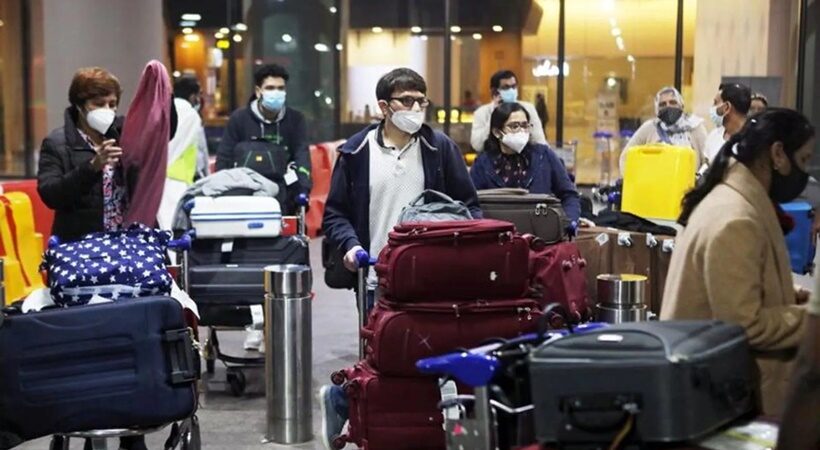The United Kingdom (UK) has seen the highest level of immigration in recent history. According to the latest reports, as many as 239,987 work-related visas were granted in 2021. This was a 110 per cent increase in 2020 (114,528 visas) and 25 per cent higher than in 2019 (192,559).
The UK has also witnessed a surge in student migration. In 2021 as many as 432,279 sponsored study visas were granted (to both main applicants and their dependents), which is the highest. This was 89 per cent more than 2020 (203,313 visas) and 52 per cent higher than 2019 (147,558).
Interestingly, Indians are the primary beneficiaries of these visas. Of the total UK work visas, 70,099 visas were granted to Indians. However, of those work-related visas, only 30,514 (or 13 per cent) were granted to EU nationals and those from Iceland, Liechtenstein, Norway, and Switzerland.
In the student visa category, Chinese students are the primary beneficiaries. As many as 119334 Chinese students were granted British visas. Indian students are the second-largest category, with a number of 98,747.
But, only 22,714 study visas were granted to those from the EU, Iceland, Liechtenstein, Norway and Switzerland. This comes to around 5 per cent of the total number of overseas student visas issued over the year.
Along with these, the UK has issued more than 70,000 visas to Ukrainians fleeing their country. The Home Office has estimated that more than 300,000 holders of British National Overseas (BNO) status will come to the UK from Hong Kong over five years.
According to the Telegraph, the number of non-EU workers, students and family relatives granted UK visas has already increased by more than 50 per cent, to more than 840,000, since the UK voted to leave the EU in 2016.
Experts point out that the rise in non-EU immigration is the result of a more liberal approach taken by Boris Johnson’s Government, including lower salary and skill thresholds for visa applicants, employers no longer having to prove they tried to hire in Britain before looking overseas, and looser restrictions on students staying in the UK after graduating.



















